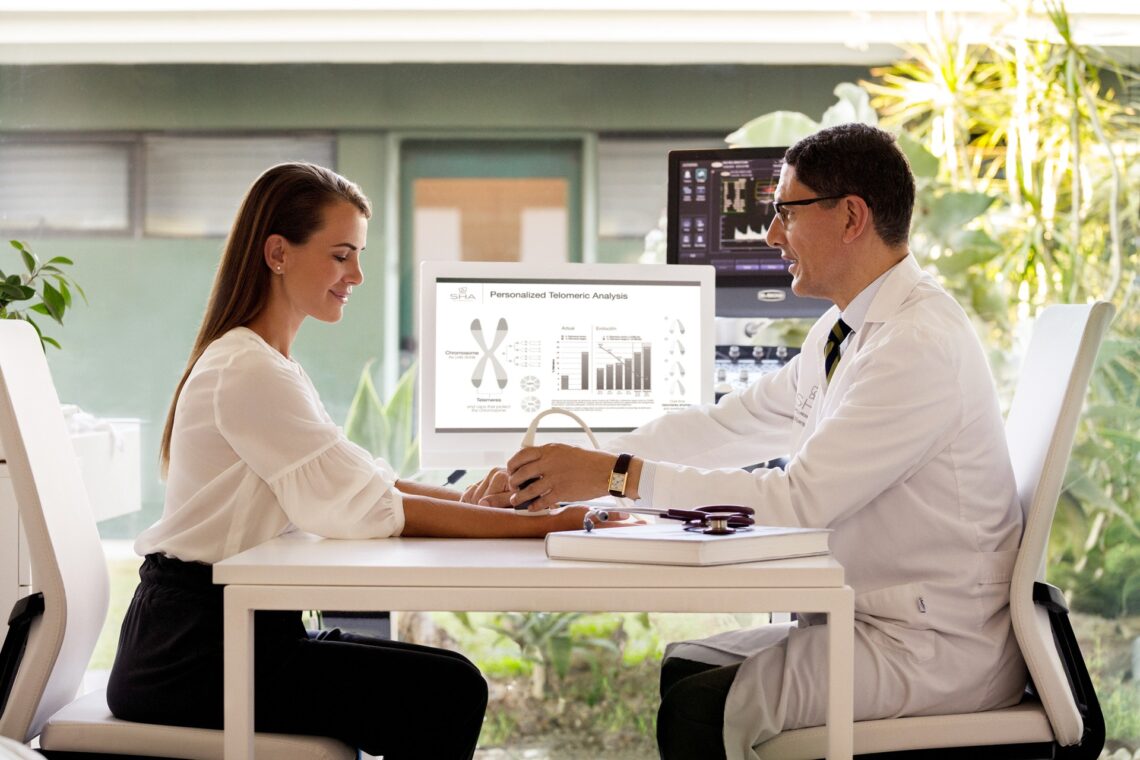[:es]El estado de salud depende siempre de los genes; pero en diversa medida. Para entenderlo mejor, comparemos las situación de salud con la salida (o llegada) de un avión de un aeropuerto. Si llega o sale a tiempo a su destino, entonces tenemos salud.
Los genes serían el tipo de avión. En consecuencia, ¿Hasta qué punto influye el avión en el éxito del vuelo? Evidentemente, el avión influye siempre.
Otras circunstancias como el piloto o las condiciones atmosféricas, o el tipo de pista de aterrizaje, pueden ser más limitantes bajo determinadas circunstancias. Lo interesante es saber que cuanto mejor conocemos nuestros genes (nuestro avión) podemos adaptar el vuelo (las salud) a las demás circunstancias.
La medicina preventiva genética se basa en conocer en profundidad los genes (el tipo de avión) para recomendar los estilos de vida más acordes con una vida saludable (la persona que debe pilotarlo, el tipo de inclemencia atmosférica que podría soportar y, especialmente el aeropuerto al que puede llegar)
Hay enfermedades que se llaman monogénicas, en las que la herencia es fácil de identificar y contrarrestar; otras, sin embargo, son poligénicas ya que influyen varios (o muchos factores) factores. De ahí que la genética es más importante en algunas enfermedades.[:en]Our health always depends on our genes, but to different degrees. In order to understand it better, we can compare our health to the take-off or landing of an airplane in an airport. If it leaves or arrives on time, then we can say we’re healthy.
Genes could be compared to the type of airplane. Therefore, up to what point does the airplane influence the success of the flight? Evidently, the airplane is essential.
Other circumstances also come into play, like the pilot, the atmospheric conditions or the landing runway can be limited under different circumstances. It’s interesting for us to know that when we know our genes (the airplane), we are able to adapt our health (flight) to any circumstances.
Genetic and preventative medicine consists of having an in depth understanding of genes (the type of airplane) in order to recommend a healthy lifestyle that fits according to the genetic background of each individual.
There are illnesses that are called monogenic, where the genetic background is easy to identify and work around, whilst there are others, known as polygenic that influence many factors. That is why genes are more important in some illnesses than others.[:]
